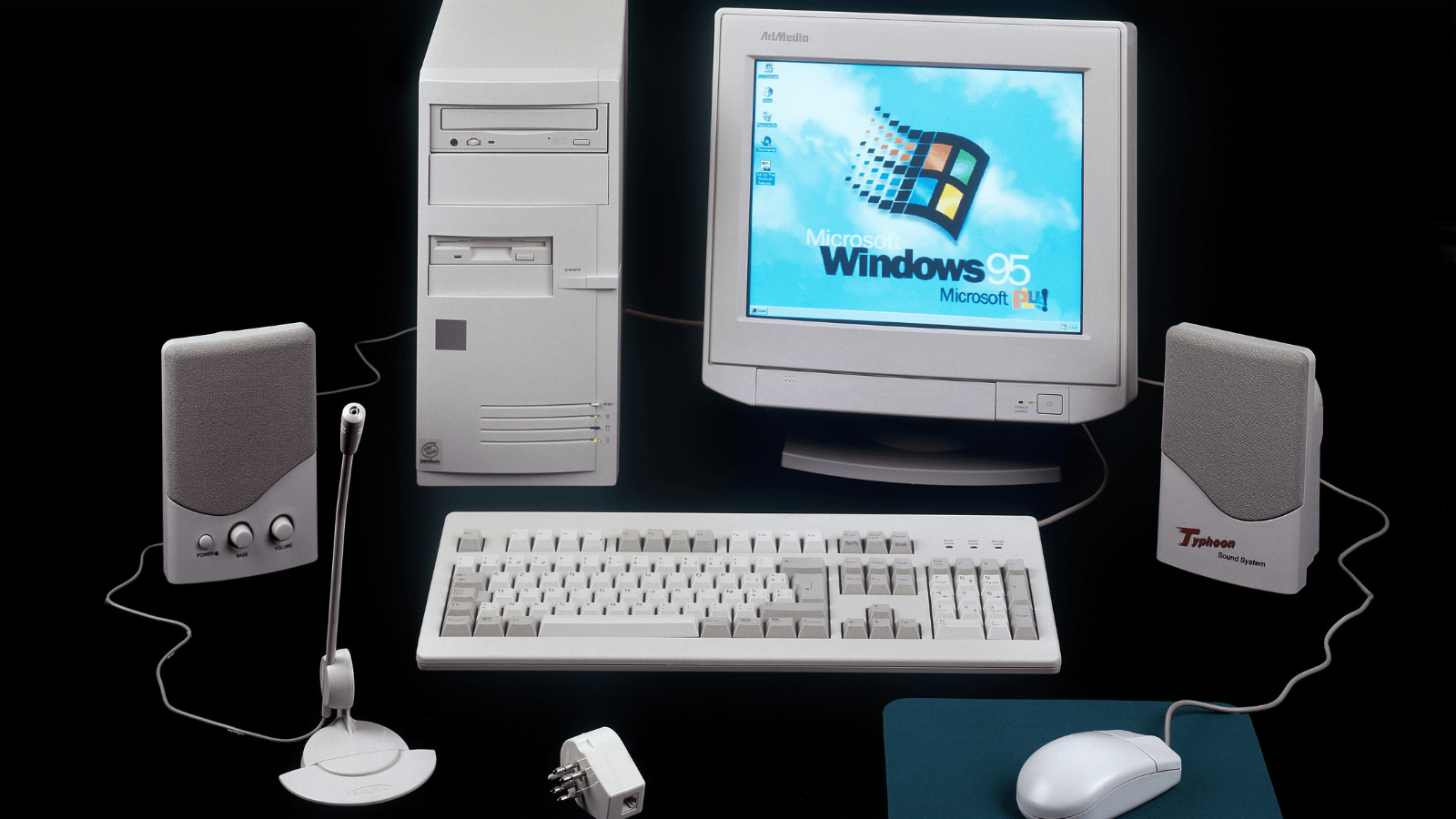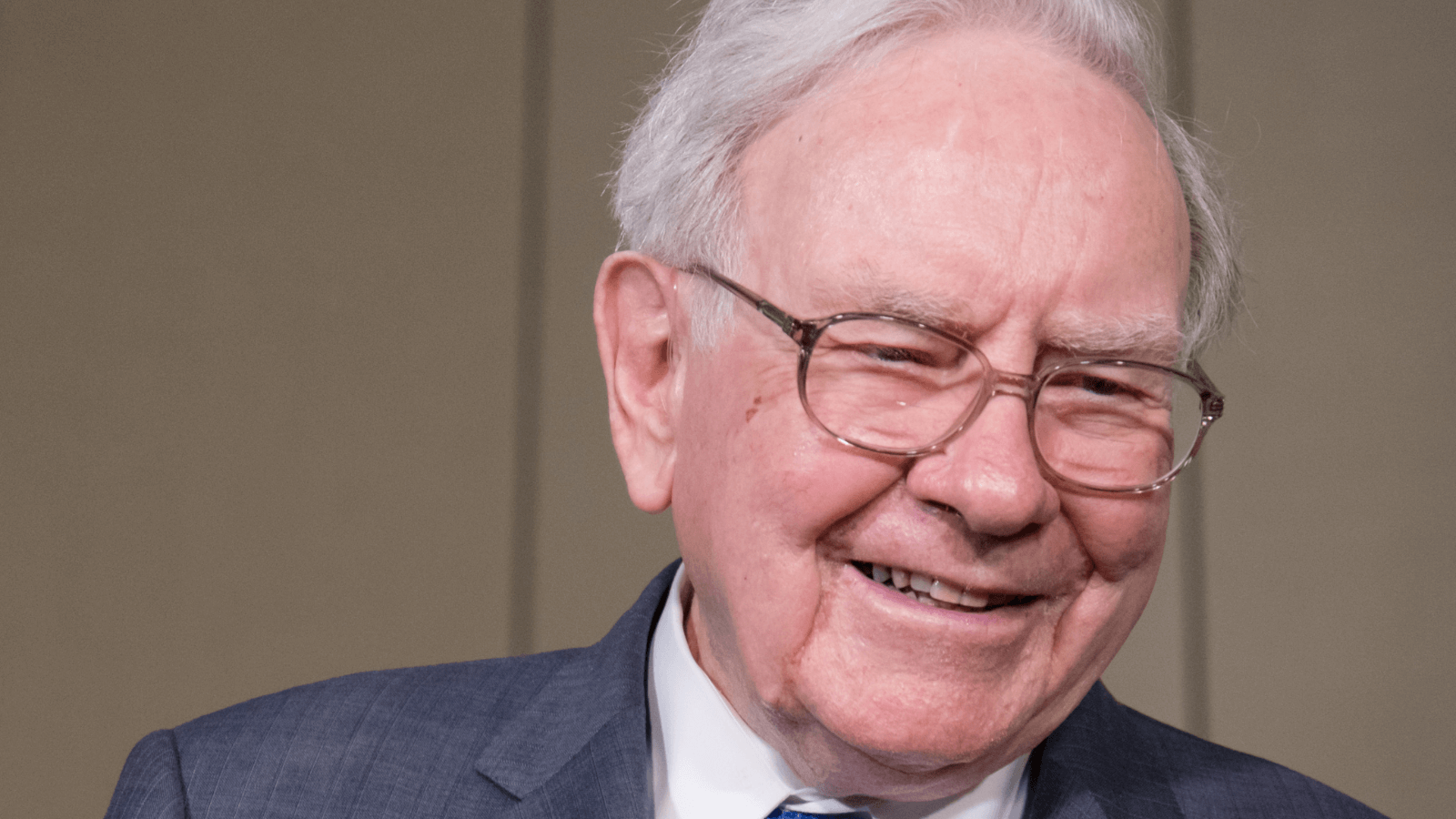Join 20,000+ Traders & Investors by getting our FREE weekly Sunday Cheat Sheet email. Get key market news and events before everyone else. Click Here to See if you Qualify.
The world of investments is a labyrinth of choices, often leading to either financial triumphs or regrets. As the age-old cliché goes, all that glitters is not gold; not all investments are fruitful.
For Generation Y, born between the early 1980s and the late 1990s, the landscape of investment options has expanded dramatically, offering both opportunities and pitfalls.
In this article, we delve into 13 investments that Gen Y might regret making, examining whether they have become vintage treasures or simply obsolete choices.
Beanie Babies
Flashbacks & Facepalms: 13 Buys Millenials Wishes They Could Erase. Vintage Gems or Money Pits?
- Beanie Babies
- Tech Bubble Stocks
- Overpriced College Degrees
- Cryptocurrencies Without Research
- Timeshares
- Initial Coin Offerings (ICOs)
- Buying a House During the 2008 Housing Crisis
- Not Investing in Real Estate Sooner
- FOMO Investments
- High-Fee Mutual Funds
- Neglecting Retirement Savings
- Not Diversifying Investments
- Paying for High-Cost Financial Advice
- Vintage or Useless?
- Conclusion
- Profitable Stock Traders are Using This Tool to “Hack” the Markets
- 10 Industries That Will Make The Most Millionaires In The Next 5 Years
- 8 Cryptos Set to Shoot to the Moon in 2023 – One Small Investment, One Giant Leap for Your Wallet
- 10 Stocks in Bill Gates Stock Portfolio Smart Investors are Buying
- The 27 Unexpected Habits Of The Wealthy: Secrets To Maximize Your Money
- Top 6 Personality Traits Of Highly Successful Investors And Traders

In the late 1990s, Beanie Babies became a craze among Gen Y, with collectors envisioning future fortunes. The cute stuffed toys were an instant hit with the kids. There was a large variety of animals to choose from.
Sadly, the bubble burst, and most beanie babies fail to fetch their original price. The investment may have been attractive back in the day, but it eventually didn’t bear returns.
The Beanie Babies is a classical reminder of the power of market speculation. Decision-making should be based on solid information and not hearsay.
Tech Bubble Stocks

The late 90s also brought the tech bubble, leading many Gen Y investors to put their money into trendy tech stocks. The initial returns were good. However, the stocks subsequently crashed, causing financial distress for countless individuals.
The main reason behind the collapse was too many companies were overvalued, and investors were willing to buy shares at any price in the hope of astronomical returns. However, the stock prices came crashing down to earth soon.
Overpriced College Degrees

Investing in education is valuable as it helps a person learn and also helps in starting a career. However, Gen Y has often been burdened with enormous student loan debt for degrees that don’t guarantee commensurate job prospects, leaving them to question the value of their investment.
Many have to pay the loans for years, even decades. While a college degree always has value, in some growing fields like IT, informal education is paying off better.
Overpriced college degrees remain relevant today, highlighting the need for careful consideration of educational investments. While the regret might stem from the cost, the value of education itself remains timeless.
Cryptocurrencies Without Research

While some Gen Y individuals reaped rewards from investing in cryptocurrencies like Bitcoin, others regretted jumping in without understanding the volatile nature of the market, leading to losses.
Some of the early birds benefitted from the low prices. However, those who followed suit just because prices went sky-high made some serious losses after the crypto crash.
Cryptocurrencies and ICOs are like the Wild West of investments, reflecting the excitement and risks of emerging technologies. The lessons learned from these experiences continue to shape Gen Y’s approach to new, innovative assets.

The allure of luxurious getaways blinded some Gen Y investors to the hidden costs and complexities of timeshares, leading to regrets as maintenance fees and limited flexibility set in.
However, the costs of maintenance and other expenses usually made the endeavor a losing cause. The make matters worse, not all losses can be booked as tax deductibles.
Timeshares and housing purchases during the 2008 crisis are relics of economic downturns. They demonstrate the importance of understanding market cycles and the dangers of overleveraging.
Initial Coin Offerings (ICOs)

Similar to the cryptocurrency boom, ICOs promised quick returns. However, many Gen Y investors discovered that a significant number of these projects were fraudulent or unsustainable, resulting in lost investments.
Spending a decent amount seemed like a shortcut to becoming a millionaire. However, many of these coins are now not even worth pennies on a dollar.
Buying a House During the 2008 Housing Crisis

Many Gen Y individuals bought homes during the housing bubble, only to see their property values plummet during the 2008 financial crisis months, even weeks later, leaving them with mortgages larger than their home’s worth.
Sure, the home market was booming just before the crash, and you cannot blame the individuals who bought these properties. However, they did lose money as the housing prices remained low for a few years to come.
Not Investing in Real Estate Sooner

Conversely, some Gen Y individuals regret not entering the real estate market earlier, missing out on opportunities for property appreciation. Those who entered the market a couple of years earlier and sold their properties got pretty decent returns on their investments.
Not investing in real estate sooner is a vintage lament that underscores the principle of “time in the market beats timing the market.” It serves as a reminder that building wealth requires a long-term perspective.
FOMO Investments

Fear of missing out (FOMO) often drove Gen Y to invest in trendy stocks or assets without proper research, leading to regrets as market trends shifted.
Such purchases or sales are often without much thought and based on impulse and gut feelings. It is very rare to come up on top and make money with FOMO investments.
High-Fee Mutual Funds

Investing in high-fee mutual funds can eat away at potential gains over time, leading Gen Y investors to regret not choosing lower-cost index funds or exchange-traded funds (ETFs).
Always consult an expert before making investments and understand the expected returns. The fee you pay to an advisor may save you from a dud investment.
Neglecting Retirement Savings

Some Gen Y individuals delayed contributing to retirement accounts, only to realize later the importance of compounding interest and early investments. You should try to start saving for retirement in your 20s.
There are all kinds of retirement plans available, and you should look into the ones that offer the best yield. Take your time in making the decision since it will be a decades-long commitment.
Not Diversifying Investments

Regret often followed Gen Y investors who put all their money into a single stock or asset, neglecting the benefits of diversification in their portfolios.
Diversify the portfolio to ensure that you do not lose all your riches in one stock exchange crash or a dip in the commodities market.
Paying for High-Cost Financial Advice

Paying hefty fees for financial advisors who didn’t provide commensurate returns left many Gen Y investors questioning the value of their professional advice.
There are all kinds of financial advisors, and you need to opt for the ones that not only offer sound advice, but you can also afford it. If you blow half of your investment on excellent advice, that isn’t a great thing to do.
Paying for high-cost financial advice is a reminder that due diligence is crucial in selecting professionals to guide investment decisions. While the regret might come from poor advice, the value of seeking expert guidance remains valuable.
Vintage or Useless?

In hindsight, these investments might appear to be relics from a bygone era, but are they truly vintage treasures or simply obsolete mistakes? An old Rolex may bring a fortune, but some other brands may be worthless. Like always, you must do your homework before making the call.
Conclusion

In the world of investments, regrets can be powerful teachers. The investments Gen Y regrets making reflect a mixture of short-sightedness, impulsiveness, and the challenge of navigating a complex financial landscape.
While some choices have become vintage symbols of a specific era, the lessons they offer are timeless. Ultimately, the past informs the future, and by learning from these regrets, Gen Y can forge a path to wiser, more successful investments in the years ahead.
Profitable Stock Traders are Using This Tool to “Hack” the Markets

This tool is helping traders beat the market compared to those who have no idea what is.
Here are the Top 28 Stock Trading Discord Servers Right Now.
10 Industries That Will Make The Most Millionaires In The Next 5 Years

If you are not paying attention to these 10 industries, you are about to miss out on the next boom of millionaires.
See the 10 Industries About to Make the Most Millionaires in the Next 5 Years.
8 Cryptos Set to Shoot to the Moon in 2023 – One Small Investment, One Giant Leap for Your Wallet

These are 8 cryptocurrencies you need to know about before you miss out on the next boom.
8 Cryptos Set to Shoot to the Moon in 2023 – One Small Investment, One Giant Leap for Your Wallet
10 Stocks in Bill Gates Stock Portfolio Smart Investors are Buying

We share the top 10 stocks that Bill Gates owns that smart investors are buying right now.
10 Stocks in Bill Gates Stock Portfolio Smart Investors are Buying
The 27 Unexpected Habits Of The Wealthy: Secrets To Maximize Your Money

The wealthiest people on Earth share similarities in their habits. We break down the 27 habits you would not expect!
The 27 Unexpected Habits Of The Wealthy: Secrets To Maximize Your Money
Top 6 Personality Traits Of Highly Successful Investors And Traders

From Warren Buffett to Ray Dalio. We breakdown the top 6 common traits the most successful investors and traders have.
Top 6 Personality Traits Of Highly Successful Investors And Traders
This Options Discord Chat is The Real Deal
While the internet is scoured with trading chat rooms, many of which even charge upwards of thousands of dollars to join, this smaller options trading discord chatroom is the real deal and actually providing valuable trade setups, education, and community without the noise and spam of the larger more expensive rooms. With a incredibly low-cost monthly fee, Options Trading Club (click here to see their reviews) requires an application to join ensuring that every member is dedicated and serious about taking their trading to the next level. If you are looking for a change in your trading strategies, then click here to apply for a membership.
